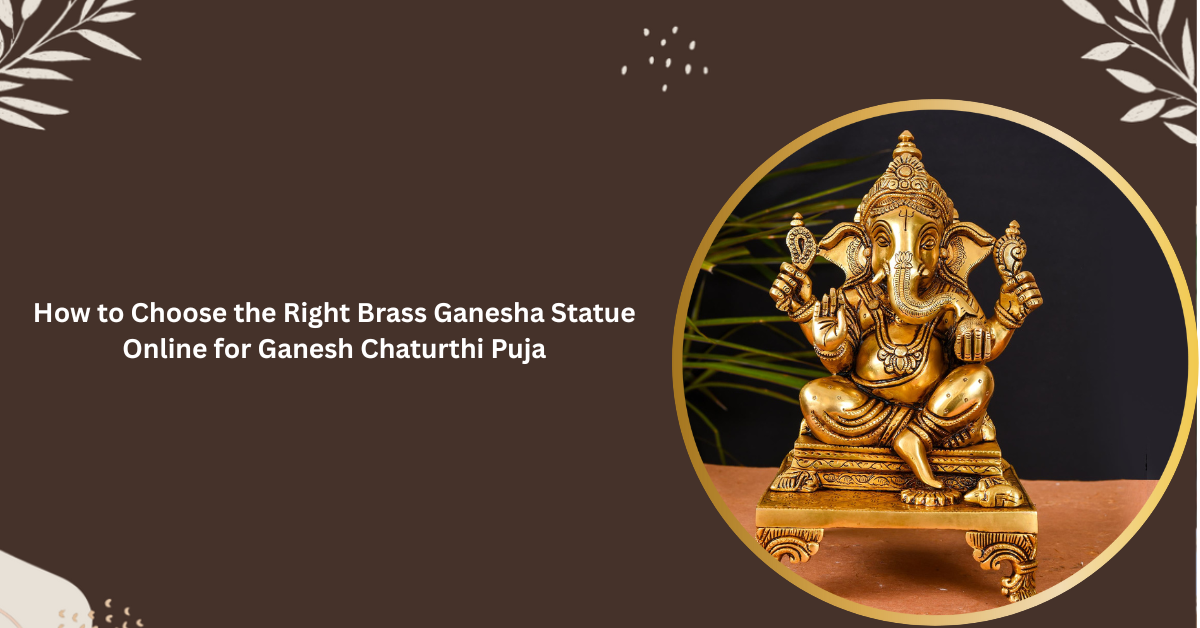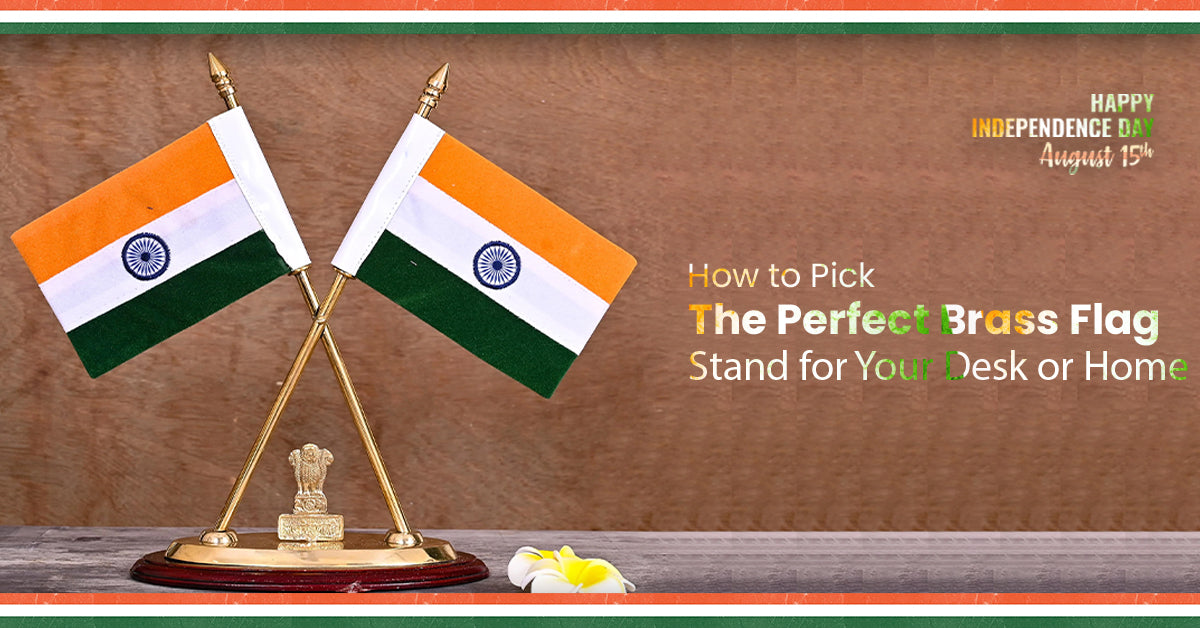

Freedom Fighters of India: Pioneers in the Struggle for Independence
, by javed techqart, 7 min reading time
The Indian Independence movement, from the late 19th century to 1947, was a struggle against British colonial rule. Rooted in a desire for self-determination, it encompassed diverse ideologies and methodologies, from non-violent resistance to armed uprisings. The movement aimed to secure political freedom and restore India's sovereignty, ultimately establishing an independent nation.
The pivotal role of freedom fighters in the Indian independence movement cannot be overstated. Their tireless courage, sacrifices, and commitment to the cause laid the foundation for a free and democratic India. These visionaries drove the nation's destiny, shaping its values, principles, and identity. The sacrifices of these leaders, both known and unsung, forged a path toward a united India.
Mahatma Gandhi
Mahatma Gandhi, revered as the 'Father of the Nation,' championed the principles of non-violence as a powerful tool for social and political change. His leadership during movements like the Salt March and the Quit India Movement showcased the efficacy of non-violent civil disobedience in dismantling oppressive structures. Gandhi's insistence on peaceful resistance inspired millions to join the struggle.
Gandhi's impact extended beyond political strategies. It encompassed a profound influence on the hearts and minds of the Indian masses. Through his unwavering commitment to truth (Satya) and non-violence (Ahimsa), Gandhi appealed to the moral conscience of the people. His principles became a guiding light, instilling a sense of dignity, self-discipline, and ethical conduct within the movement. Gandhi's ability to connect with people on a deeply moral level was key in mobilizing widespread support for the cause of independence.

Jawaharlal Nehru
Jawaharlal Nehru, a visionary, made significant contributions to the Indian National Congress (INC). As one of the key architects of the INC, he worked towards creating a united front against British rule. Nehru's commitment to democratic ideals and inclusive leadership helped shape the party into a tough force, providing a platform for diverse voices within the independence movement.
Nehru's leadership during critical junctures of the independence movement was marked by strategic brilliance and a steadfast commitment to the cause. From the Lahore Session of the INC in 1929, where the demand for complete independence was raised, to his active involvement in drafting the Indian Constitution, Nehru played a crucial role in shaping the political landscape. His visionary leadership during the period leading up to independence and in the initial years of the newly formed nation set the tone for India's future as a democratic and secular state.

Subhas Chandra Bose
Subhas Chandra Bose, a charismatic and determined leader, broke away from conventional methods and founded the Indian National Army (INA) in 1942. His vision was to liberate India through armed struggle, and the INA significantly challenged British colonialism. Bose's bold initiative sparked a new wave of enthusiasm among those seeking a more aggressive approach to achieving independence.
Bose's unwavering commitment to India's freedom manifested in his INA leadership. The INA engaged in armed conflict against the British alongside the Japanese during World War II. Despite facing challenges, Bose's military strategies and determination left an unforgettable mark on the fight for independence, influencing subsequent generations of freedom fighters.

Bhagat Singh
A fearless revolutionary, Bhagat Singh advocated for complete independence from British rule. His unwavering commitment to the cause was exemplified by his participation in the Lahore Conspiracy and the assembly bombing. Singh's writings and actions inspired the youth, emphasizing the urgency of a free India.
Bhagat Singh's sacrifice, including his hunger strike in prison, captured the nation's vision. His martyrdom at a young age elevated him to a symbol of resistance and defiance against colonial oppression. Singh's legacy inspires generations, embodying the spirit of selfless dedication to the pursuit of freedom.

Rani Lakshmibai
Rani Lakshmibai of Jhansi emerged as a heroic figure during the Indian Rebellion 1857. Her heroic efforts in leading her troops in battle against the British showcased exceptional courage. Lakshmibai's determination and sacrifice symbolized resistance, inspiring future generations in the fight against colonial rule.
Rani Lakshmibai's legacy endured as a symbol of unwavering resistance. Her fearless stand against the British became a rallying point for those seeking independence, highlighting the pivotal role of women in the struggle for a free India.

Sardar Vallabhbhai Patel
Sardar Patel, known as the 'Iron Man of India’, was important in integrating over 500 princely states into the Indian Union after independence. His diplomatic skills and strategic insight prevented the nation's fragmentation, ensuring a unified India.
Patel's leadership during the Bardoli Satyagraha in 1928 showcased his commitment to the welfare of farmers. The successful resolution of the agrarian crisis solidified Patel's reputation as a leader who prioritized the concerns of the common people.

Lala Lajpat Rai
Lala Lajpat Rai, often called the 'Lion of Punjab,' was actively involved in various nationalist movements. His participation in the protests against the Simon Commission underscored his dedication to the cause of self-rule.
Lajpat Rai's sacrifice, resulting from injuries sustained during a lathi charge while protesting against the Simon Commission, became a rallying point for nationalists. His death fueled the enthusiasm for independence, symbolizing the price paid for standing against colonial injustice.

Chandrasekhar Azad
Chandrasekhar Azad, a fearless revolutionary, played a key role in the Hindustan Socialist Republican Association (HSRA). Azad's commitment to the cause of complete independence and his strategic insight made him a prominent figure in the armed resistance against British rule.
Azad's involvement in various acts of resistance, including the Kakori Conspiracy and the assembly bombing, demonstrated his unwavering dedication to overthrowing colonial oppression. His ability to elude capture for an extended period symbolized the strength of the revolutionary spirit.
The legacy of these freedom fighters is woven into the very fabric of modern India. Their collective efforts and sacrifices have left an indelible mark, shaping the nation's destiny and character. From Mahatma Gandhi's philosophy of non-violence to Subhas Chandra Bose's call for armed resistance, each leader brought a unique perspective to the struggle for independence.
In paying homage to these luminaries, we acknowledge the debt of gratitude owed to those who dedicated their lives to the cause of freedom. Their stories continue to inspire and remind us that the spirit of independence lies not just in the past but in the ongoing hunt of justice, equality, and unity for all. Their embodied values remain guiding lights for a nation that cherishes its hard-fought liberty.

Blog posts




